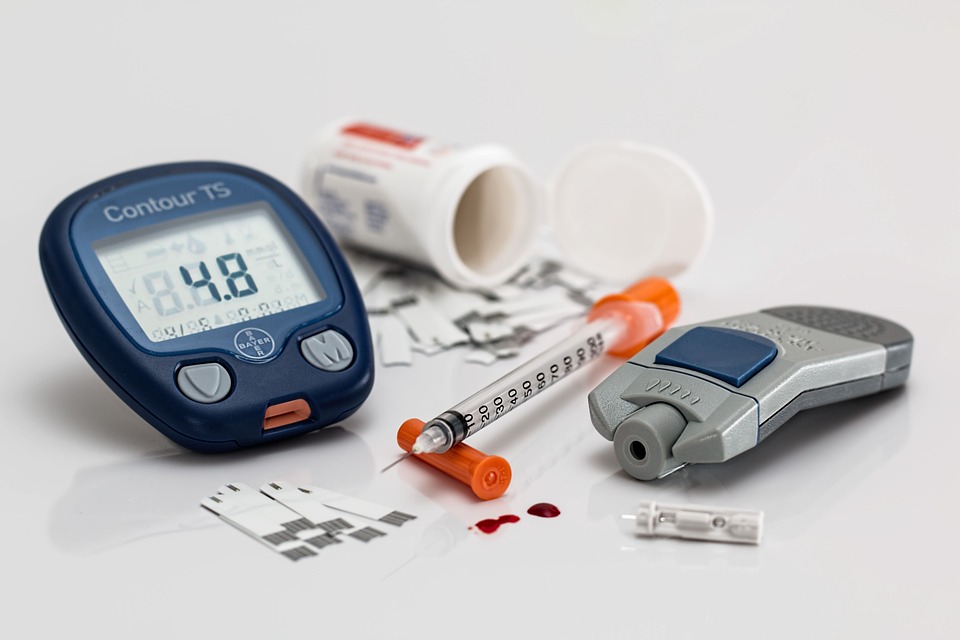Main Types of Diabetes and Their Causes
August 22, 2018 2018-08-22 14:02Main Types of Diabetes and Their Causes
Main Types of Diabetes and Their Causes
Main Types of Diabetes and Their Causes:
There are three main types of diabetes, but did you know…
they all have something in common?

Type 1, Type 2, and Gestational Diabetes all share some common factors:
Typically, the body breaks down the carbohydrates you eat into glucose (a simple sugar), which is used in the body’s cells for energy and fuel.
Insulin, a hormone secreted by the pancreas, is needed to take the produced glucose and convert it to this usable form of energy.
Someone living with either of these forms of diabetes has either:
1) trouble producing enough insulin
2) and/or cannot use the insulin their body produces, properly
In either of these cases, glucose will remain in the bloodstream and continue to build up, ultimately raising blood sugar levels.
The long-term effects of this can be life-threatening, such as an increased risk of a heart attack or stroke, if not treated properly.
Type 1:
-
AKA “insulin-dependent” diabetes
-
often begins around early childhood
This type of diabetes is either genetically predisposed or from faulty calls in the pancreas, both of which will cause the body to create an autoimmune response and…
attack its own pancreas!
…leading to an insufficient production of insulin (so it must be injected externally to maintain treatment).
Type 2:
-
AKA “non-insulin dependent” diabetes
-
The most common type, accounting for 95% of all diabetes cases.
In this type of diabetes, the pancreas still produces insulin but in inadequate amounts or produces faulty or resistant insulin and must work very hard to maintain even these low/resistant amounts of insulin production.
Insulin resistance primarily occurs in the fat, liver, and muscle cells– which can be seen in people who are obese (over 20% of their ideal body weight).
Type 2 can be controlled through proper nutrition and other healthy lifestyle habits!
Gestational Diabetes:
Triggered by pregnancy and is typically diagnosed in the mid/later end of the pregnancy.
Pregnancy can lead to some insulin resistance and must be controlled for the baby’s development.
The risk to the child during birth is greater than to the mother and could potentially increase the risk of obesity and/or diabetes in the child later in life.
2-10% of pregnancies lead to Gestational Diabetes
(but this form of diabetes is typically resolved after the pregnancy is over)
For the mother, Gestational Diabetes could potentially reemerge as Type 2 diabetes later in life.
source: https://www.webmd.com/diabetes/guide/types-of-diabetes-mellitus#1


